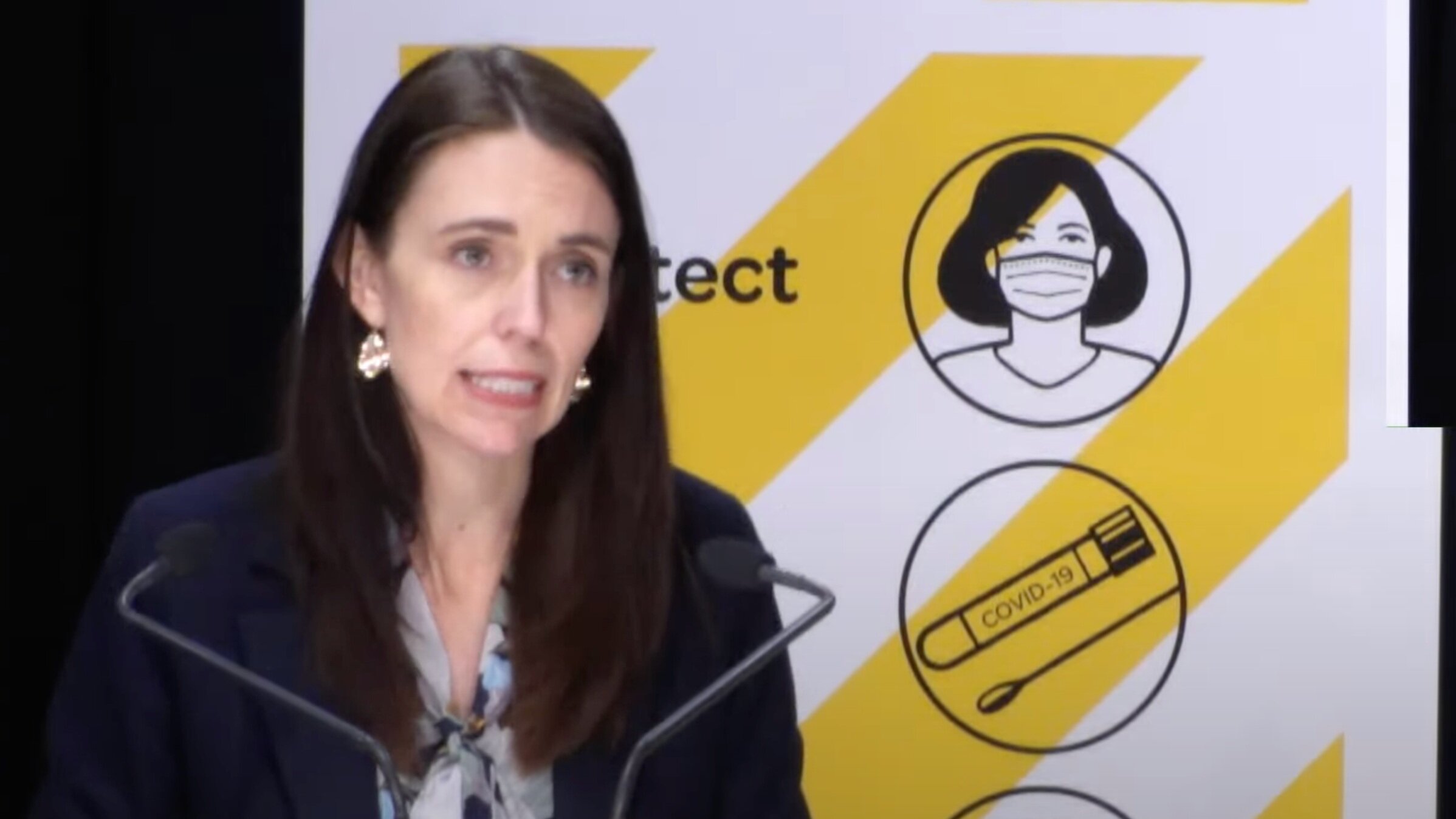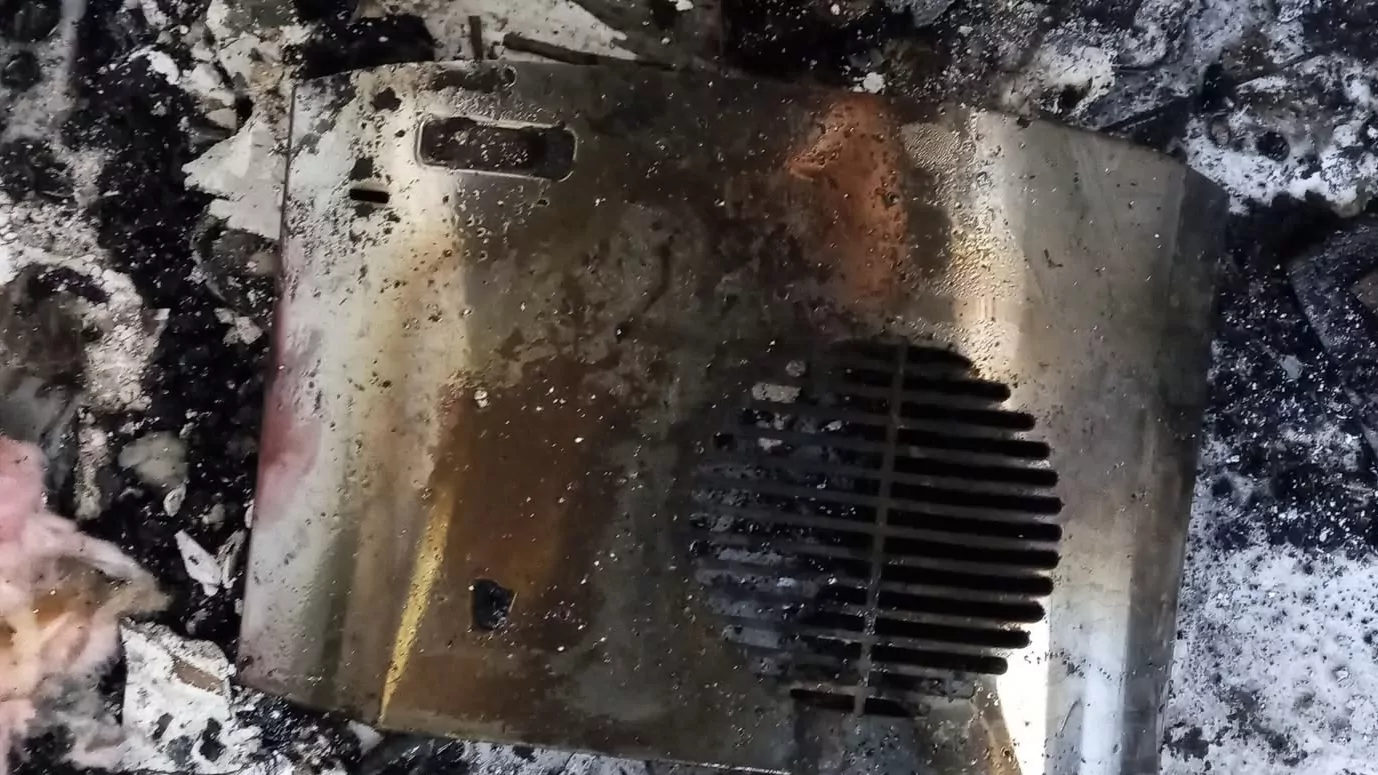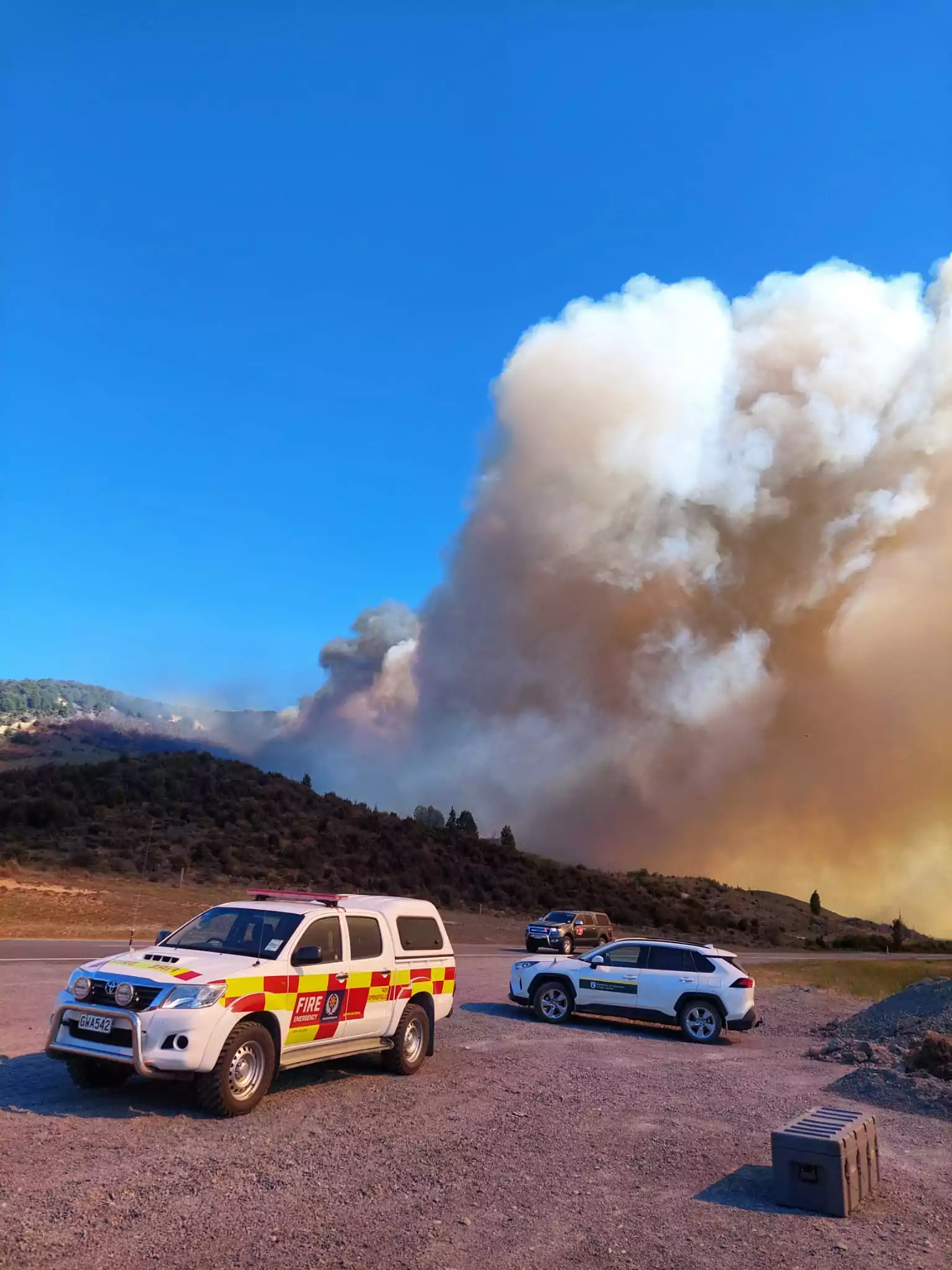There are no cases of COVID-19 in the South Island, so could alert levels reduce even further?
Prime Minister Jacinda Ardern told reporters at this afternoon’s press conference “we are keeping our options open.”
“Will undertake a very genuine risk assessment about the ability to move alert levels.”
She said “it’s certainly not the case that we’ve pre-determined that it has to be three weeks – we haven’t.”
“We will very genuinely, after seven days, assess the risk and make a decision based on it.”
She said “and yes, we haven’t had a case in the South Island for a long time. We want to keep it that way. So that’s our goal.”
“If we can get them to fewer restrictions safely, we will.”
When asked about going to Level Two, the prime minister said “I don’t want to get ahead of some of those decisions, but what we do want to ensure is that we have borders that can be maintained safely.”
She said, “it is our goal is to get everyone back to fewer restrictions as safely as possible and not make decisions that might be just a bit premature so we’re going to give it a week, and then we will very genuinely make that risk assessment.”
More targeted support needed says Chamber of Commerce
Canterbury Employers’ Chamber of Commerce Chief Executive Leeann Watson said ongoing targeted support for those sectors unable to operate at Alert Level 3 or restricted to operating at a reduced capacity will be important given the ongoing impact these businesses continue to face.
“We need to acknowledge that at Alert Level 3 and even at Alert Level 2, there will be businesses that are still unable to operate, or if they are, then it may be at a reduced capacity that may not be cost-effective.”
She said “it will be crucial that there is ongoing support for those sectors – in particular, sectors such as hospitality, tourism and major events that rely on face-to-face customer interactions. While it is positive that there are support initiatives such as the Resurgence Support Payment and the Wage Subsidy Scheme – with the second branch of the wage subsidy from 3 September – salary and wages are only one of the financial overheads experienced by businesses, who also have to cover rent, insurance, and so on.”
“Keeping in mind too that many of these businesses are still recovering from the lockdown and restricted operating environment of March-May 2020, compounded by a winter season that is typically slower for these sectors and exasperated further by closed borders and no international visitors.”
“While it is good to see locals supporting locals, until we get the borders re-opened, and find a way to keep businesses open and operating safely in a COVID environment that does not involve the yo-yoing of Alert Levels, that local support will not be enough and many businesses – in particular, small businesses – will struggle, and in some cases may not be able to remain viable.”
A fully funded COVID-19 Business Helpline service is available for all businesses in New Zealand. In the South Island, the phone number is 0800 50 50 96.









